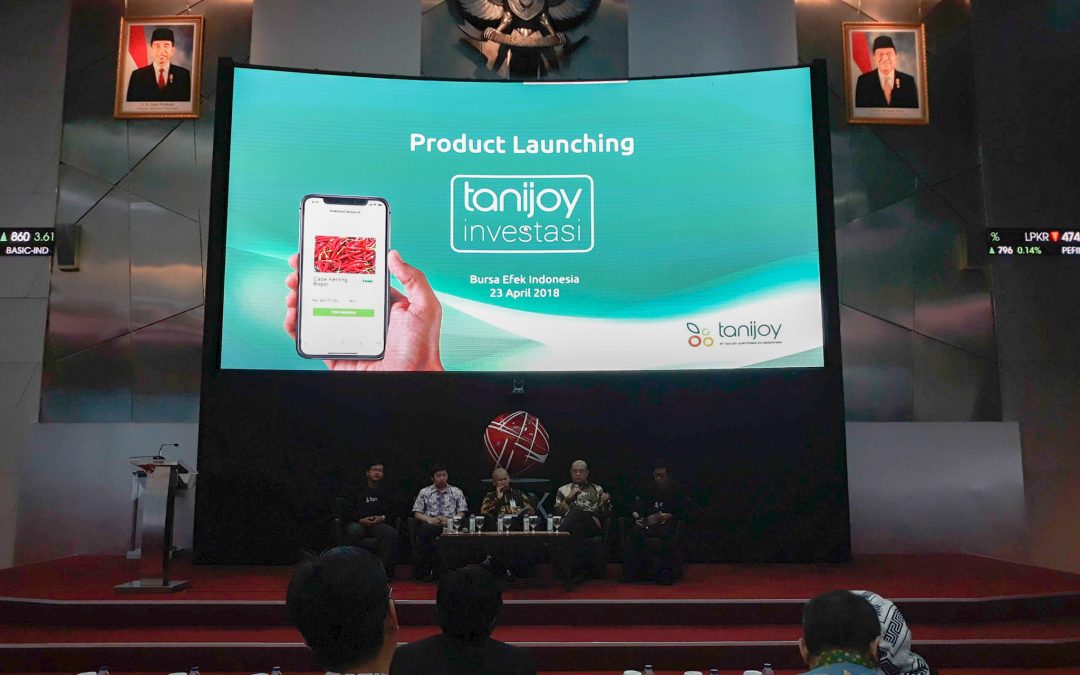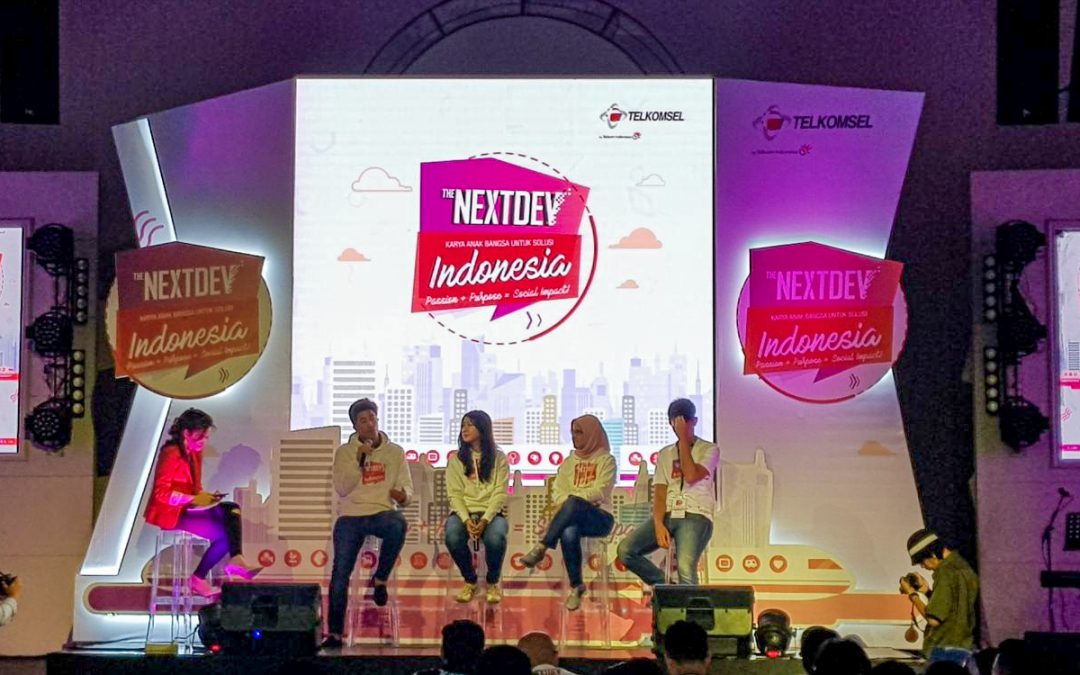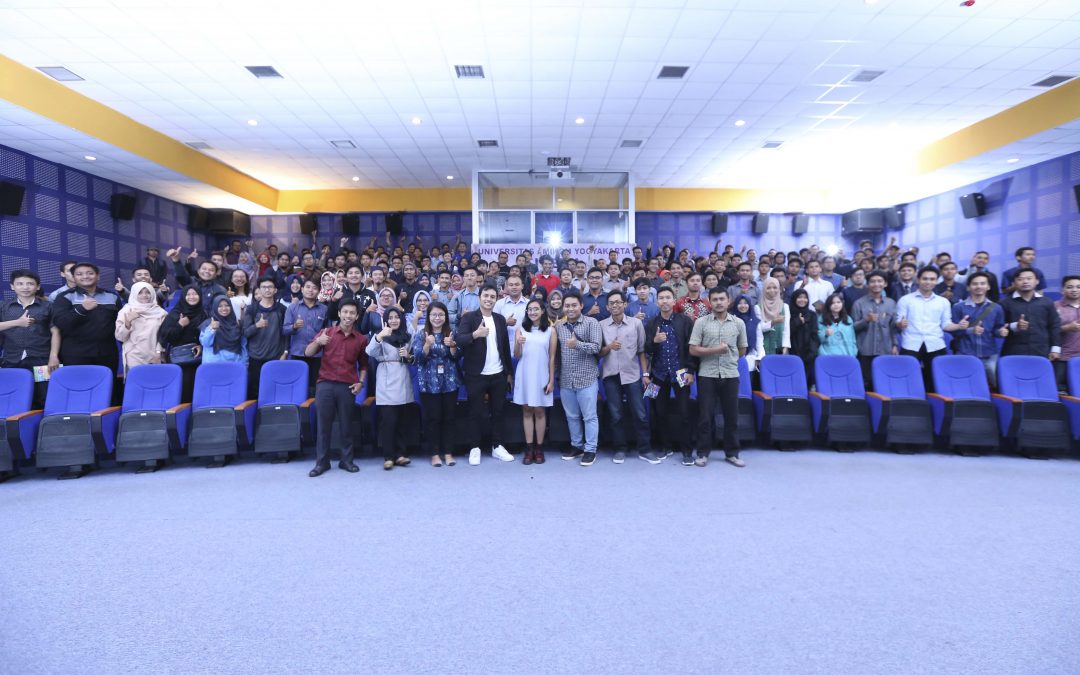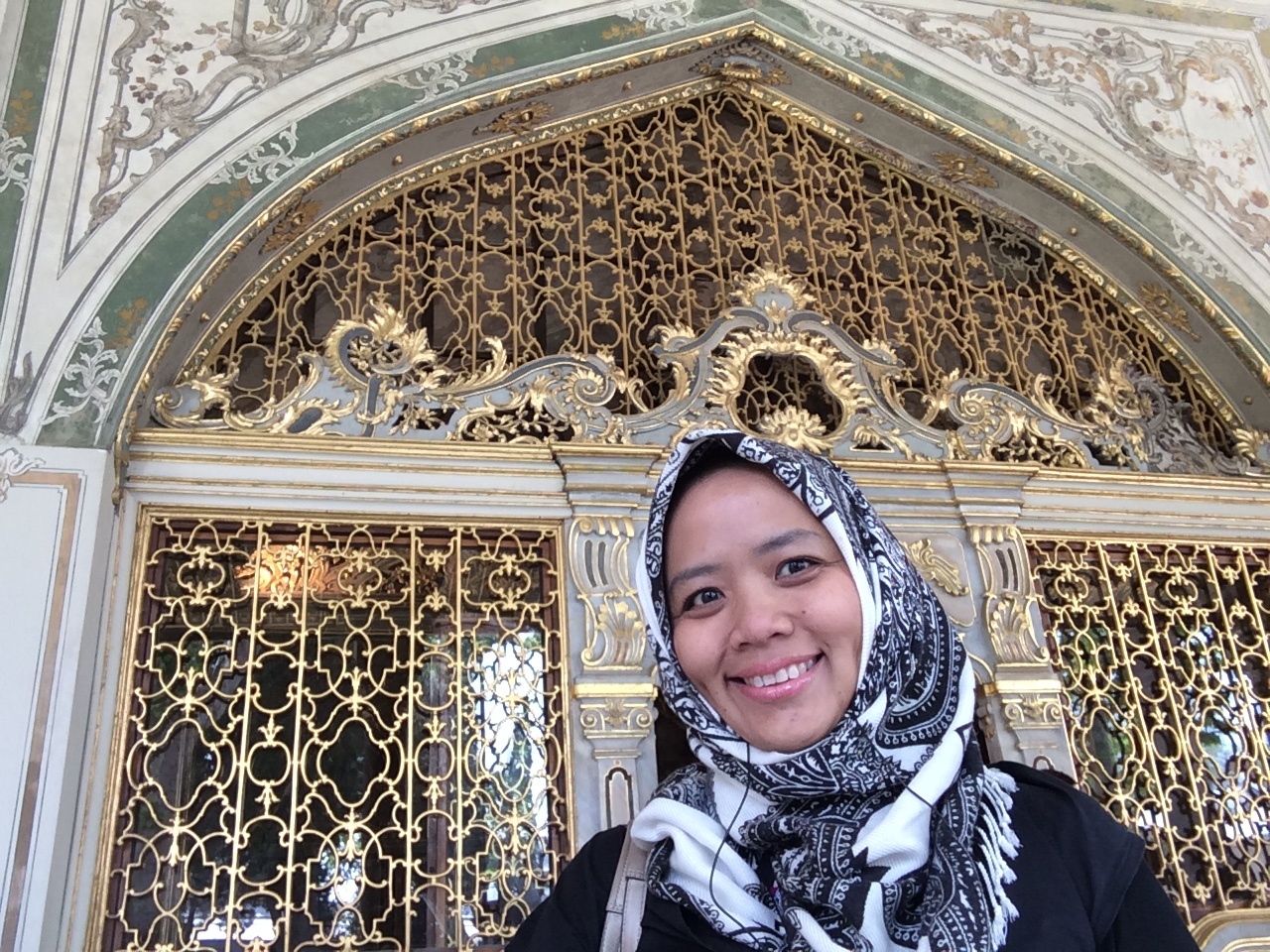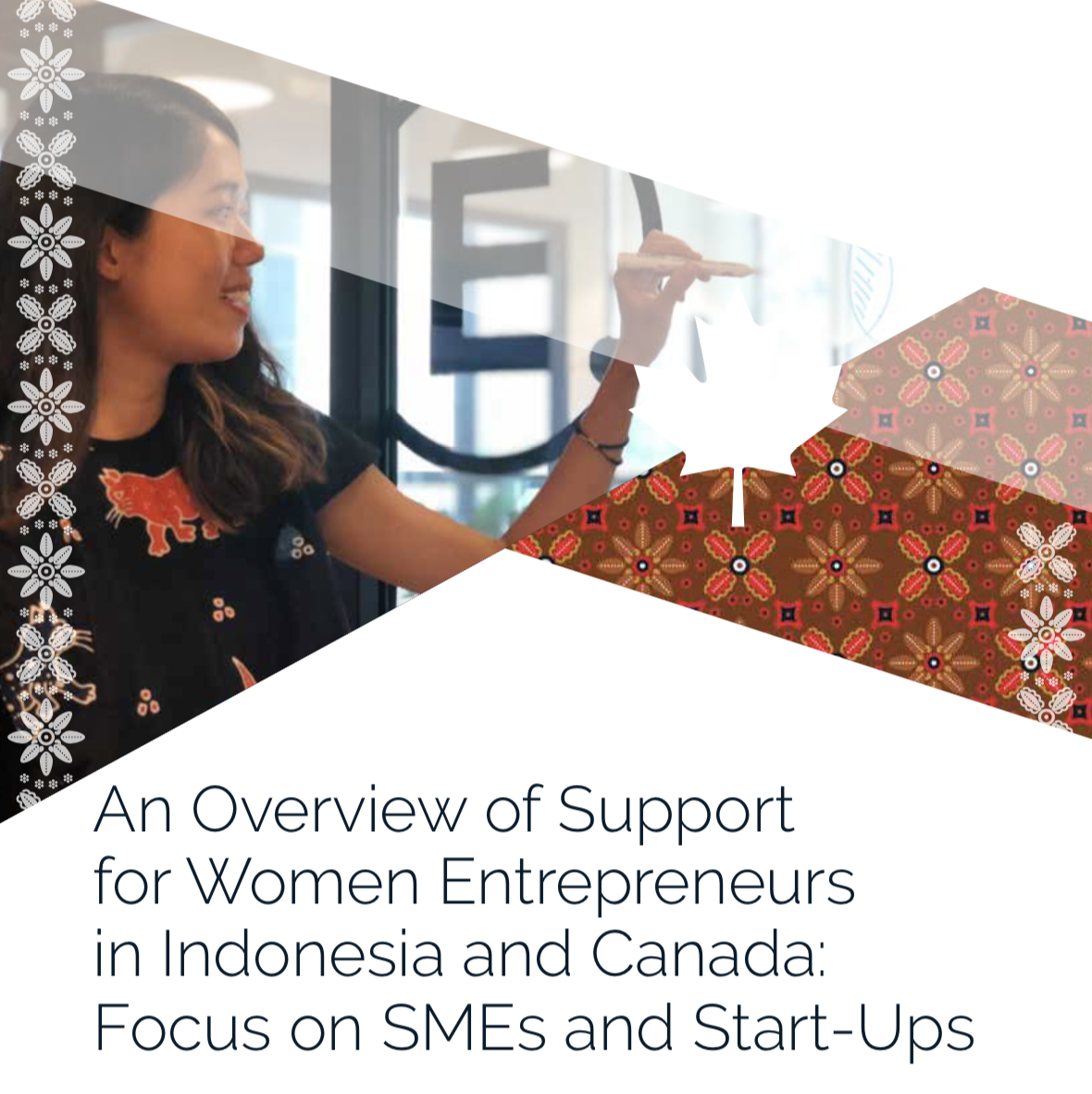Tell us a bit about yourself.
My name is Elsye Yolanda and I’m the Operation Chief of GnB Accelerator.
What’s your story?
Working at a startup accelerator is something that I never thought about doing, because it’s something new for me. I used to work for big corporations in Indonesia. Then I studied overseas because I wanted to have a better job; I did CSR studies in my university, because I wanted to help people while doing my job. I think CSR is very suitable because in corporations, they have money, they help people around them with their programmes. And that’s why it was suitable for me. But when I came back to Indonesia, the reality was different: CSR in Indonesia has a different philosophy. It’s something that you have to do because of the regulations, not because the companies want to do it for the sake of their own responsibility.
At GnB, I get to help small startups at a very early stage. We give them funding and help them through our program. That’s interesting for me; it’s helping people through helping startups.
It took me about 6 months to realize what exactly it is that I’m doing. I went to a conference in Malaysia about changing CSR to CER. CER is “corporate entrepreneurship responsibility,” which is something measured more easily, compared to CSR. It’s helping the startup. The way I see it, the way CSR can help startups is similar to the work of incubators and accelerators.
But of course there is a business in it.
Can you give more context to what CSR is like in Indonesia, and what areas can be improved?
Indonesian CSR…some good companies do it very well, following the true meaning of CSR. But not all companies are like that. Some companies do CSR because of the regulations. The regulation states that some percentage of company profits should be put into a CSR program. And all companies that do something with natural resources, they have to do CSR. The regulation is not very specific, but it makes companies at least have a CSR program. The regulation is also not really in line with the exact meaning of CSR. CSR should be something that comes from the responsibility of a company. Something that companies think that they should do for the sake of people around them, and the loyalty of their employees – because it’s related to the employees as well.
That’s the thing. They are doing CSR only due to government regulation, or somehow, they do it for marketing purposes.
What we can improve? I believe that every company should have their own CSR department, where they really understand what it is and how to implement it.
I interviewed one corporation about their CSR program and asked them, “What is the sustainable CSR program that you run?” and they told me, “Yeah we have a blood donor program as a sustainable program.” They don’t know what constitutes as sustainable and what does not. That’s why I think someone must be responsible to make sure the program and its intended impact are properly thought out. It’s really important.
How does GnB measure the impact of helping other entrepreneurs and supporting them along their journeys?
For startups themselves, because we have just started in 2016, I cannot yet see the whole impact. But when we help startups, we can find how they benefit from the program itself. For instance, they find that their business improved after participating in the program. It’s an impact. It’s a small one, but it matters a lot for the entrepreneurs.
We are helping the startups through investments, of course. But we want to help them scale up, to be excellent in the future. If they can possibly IPO or reach an exit, we want to help them. This is the way we can help in this industry. For me, this is CSR for the startup ecosystem.
As someone overseeing an accelerator program, how do you see the women entrepreneurs compared to the male ones? Is there any difference? Do they struggle with different things?
There are certainly unique challenges for women in the industry. Most of the founders in Indonesia are men. Women have kids but still have to take care of their company – they have a lot of tasks to do. But I can see that women entrepreneurs in Indonesia are doing it very well. Some of my friends are startup founders, and it seems like that they can balance raising children while running a startup perfectly. I have several women entrepreneur friends, and they are very supportive of each other; the community of women entrepreneurs is strong. Women entrepreneurs face challenges, but they tackle the obstacles together as a community.
I think on the investment side, it’s a bit challenging as well. It takes time to fundraise, it takes more effort to get investors, and somehow you have to meet an all-male investor team. In Indonesia, there is the perception, too, that women are more comfortable if someone is physically accompanying them. On the investment side, it’s not something that you can do, right? You have to pitch in front of men, in a public area, where it’s not your husband. It’s weird for some people. Being a female entrepreneur is challenging because of the culture in Indonesia.
In terms of ecosystem, as ecosystem builder, what things can be implemented for better supporting women in their journey?
In our portfolio and alumni list, we don’t have a lot of women entrepreneurs so far. But I know outside, there are a lot. In the future, we might think about having a program specially targeting women. We won’t give investments yet, as it’s very difficult to source startups for the current ones, let alone for women-only startups. I believe women also look for mentors and connection to investors. It would also help to have more women investors, because women understand women.
Have you faced any challenges as a women in the startup space? Startup space is very male-dominated. How do you navigate that?
They call me mom, somehow (laughs). Like bunda, bunda! Accelerators need more women as well. We are more detail-oriented than men, I can say. The way we negotiate with startups, it has a more personal touch. We do one-on-one sessions, where I ask founders personally what their needs are. It’s very important to have women in accelerator programs, because I cannot imagine if accelerators were run by an all-male team.
Being a woman in this ecosystem is also challenging in terms of networking sessions. For myself — as you know, I’m wearing hijab. When we go to places like clubs (for networking parties with startups), someone might think that I’m not a good Muslim.
Do you have any personal women heroes or role models?
I do! Her name is Monthida McCoole; she’s from Singapore, a former manager at muru-D. She’s now on the investment side, where there are not so many women investors. She understands what I’m doing, and I really adore her. She’s also one of our mentors at GnB. At the beginning when I started working at GnB, she helped me a lot.
Do you have a message you want to share with women or girls looking into the startup space but who are unsure of themselves?
The startup ecosystem is a very open space; they generally never categorize you as a man or a woman (although some do). It’s a good place to start building your own idea; you can do things your way and better in the startup ecosystem. I believe that programs like mine – accelerators and incubators – can help startups and women entrepreneurs. And of course, there are a lot of communities that can help support women. Don’t be afraid to start. There’s a place for women everywhere, in any business.
